23+ SAMPLE Food Log Spreadsheet
-
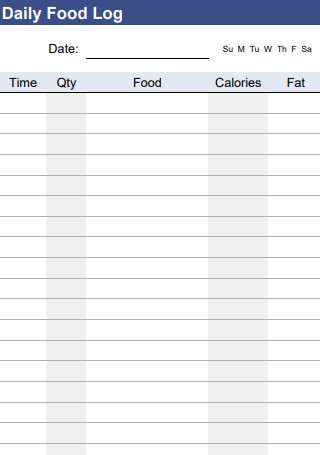
Daily Food Log Spreadsheet.
download now -
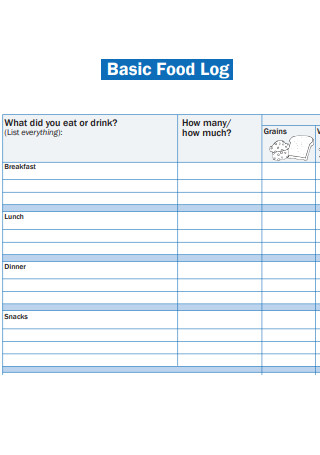
Basic Food Log Spreadsheet
download now -
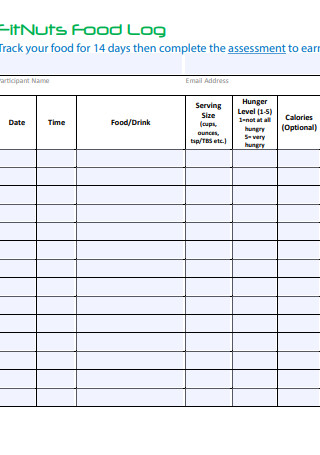
Fitness Food Log Spreadsheet
download now -
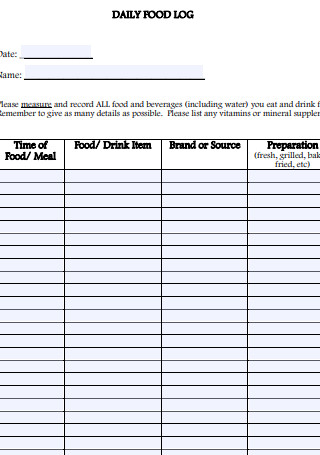
Sample Daily Food Log Spreadsheet
download now -
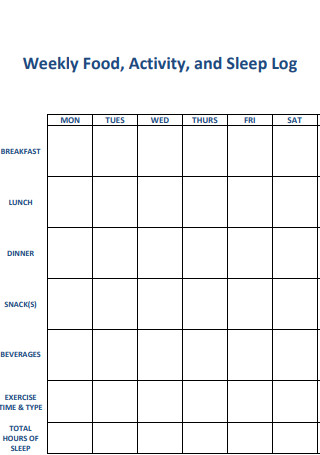
Food Activity Log Spreadsheet
download now -
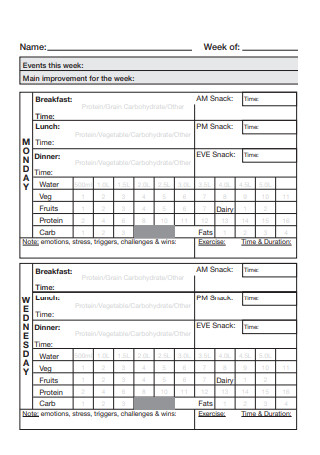
Daily Nutrition Food Log Spreadsheet
download now -
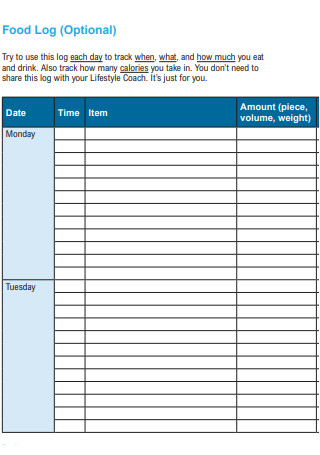
Sample Food Optional Log Spreadsheet
download now -
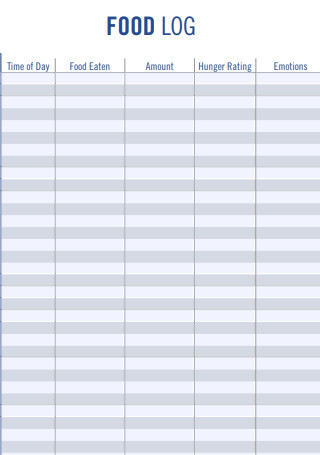
Simple Food Log Spreadsheet
download now -
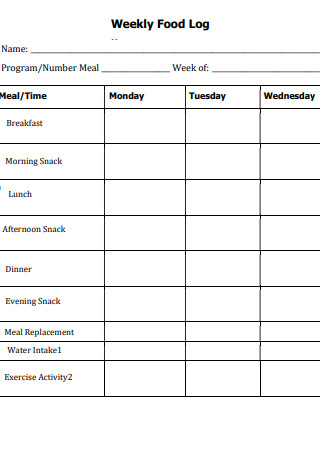
Weekly Food Log Spreadsheet
download now -
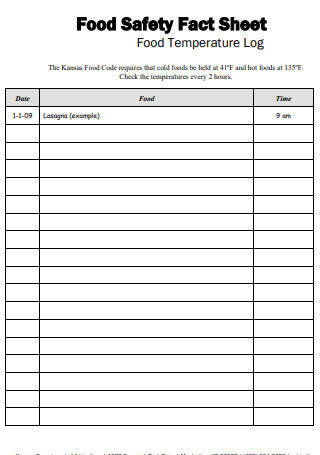
Food Temperature Log Spreadsheet
download now -
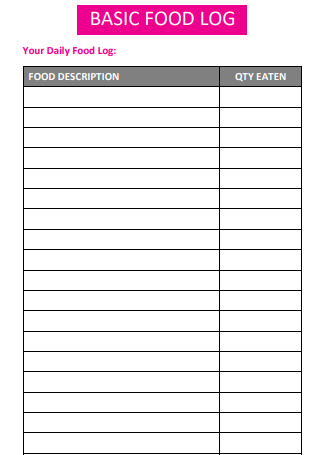
Basic Food Log Spreadsheet
download now -
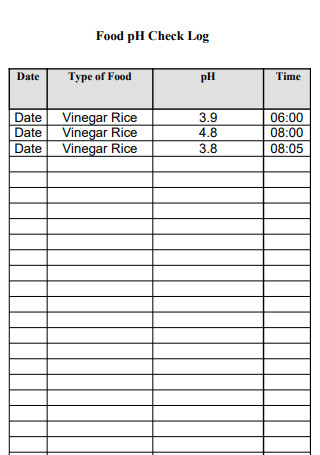
Food Check Log Spreadsheet
download now -
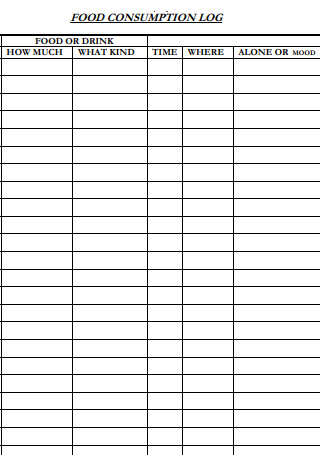
Food Consumption Log Spreadsheet
download now -
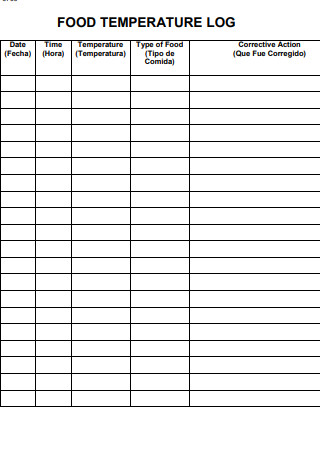
Simple Food Temperature Log Spreadsheet
download now -
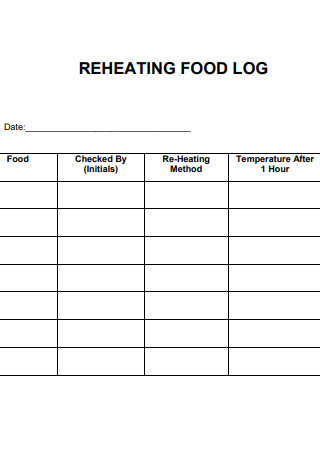
Sample Reheating Food Log Spreadsheet
download now -
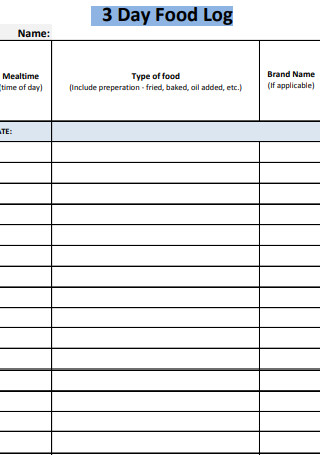
Three Day Food Log Spreadsheet
download now -
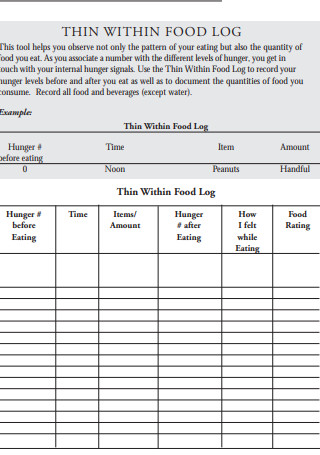
Formal Food Log Spreadsheet
download now -
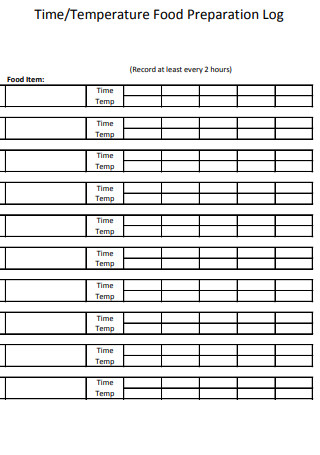
Food Preparation Log Spreadsheet
download now -
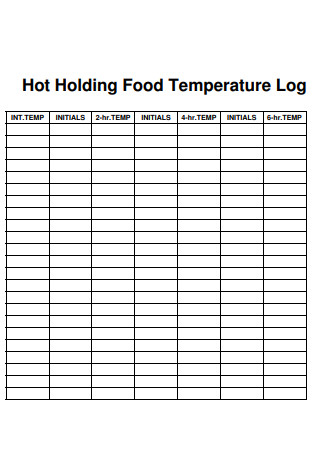
Hot Holding Food Temperature Log Spreadsheet
download now -
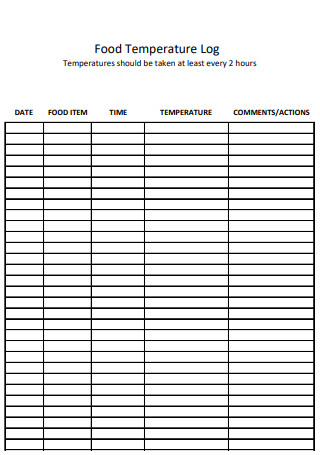
Formal Food Temperature Log Spreadsheet
download now -
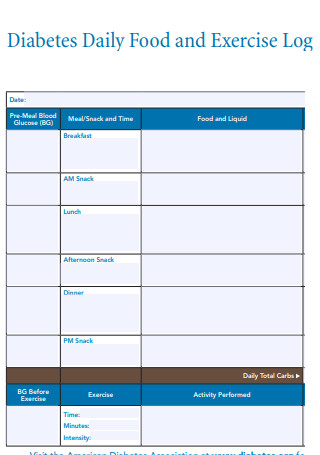
Diabetes Daily Food And Exercise Log Spreadsheet
download now -
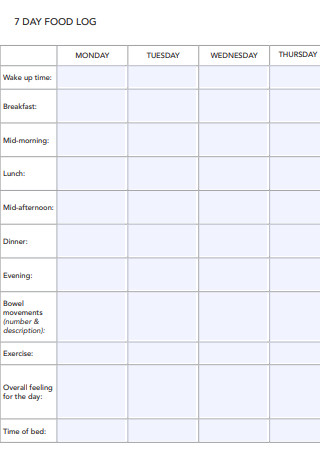
Seven Day Food Log Spreadsheet
download now -
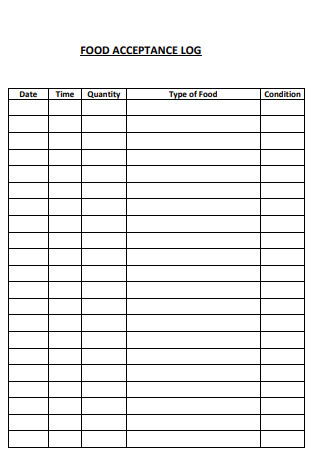
Food Acceptance Log Spreadsheet
download now -
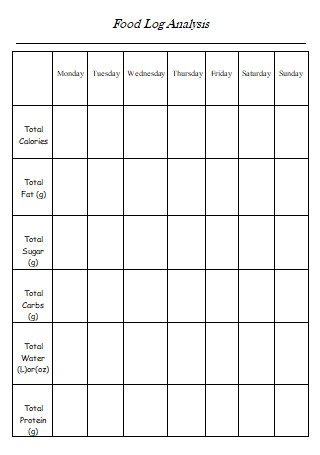
Food Log Analysis Spreadsheet Example
download now
FREE Food Log Spreadsheet s to Download
23+ SAMPLE Food Log Spreadsheet
a Food Log Spreadsheet?
Benefits of Using a Food Log Spreadsheet
Elements to Keep Track in a Food Log
How To Start Utilizing a Food Log Spreadsheet
FAQs
Is it a good idea to keep a food diary?
Do food diaries have any effect?
How come I’m never able to lose weight?
What Is a Food Log Spreadsheet?
A food log sheet is a critical tool for tracking an individual’s food intake, and diet impacts their overall health. The log sheets offer several meal combinations that individuals can consume to maintain a healthy lifestyle. Additionally, the food log sheets instruct users to perform intense physical workouts to improve overall body fitness with the help of their fitness plans. Food logs are critical for anyone who has arthritis, diabetes, cancer, hypertension, or other cardiovascular disorders. Statistics show that the number of people on special diets to lose weight or improve their health increases roughly 22% year over year, from 14% to 36%. And approximately 16% of them are reducing their carbohydrate intake in some way to attain their health or weight-loss goals.
Benefits of Using a Food Log Spreadsheet
Many people aim to better their health in the new year. This improvement frequently begins with a change in their diet. A food log spreadsheet might be a very beneficial tool during this process. It can assist you in comprehending your eating habits and patterns and checking the meal planner — identifying both healthy and harmful — that you consume regularly. According to research, keeping a journal can be a beneficial strategy for individuals interested in losing weight. In one weight reduction trial, those who kept weekly meal diaries lost twice as much weight as those who did not. If you’re interested, here are a few of its advantages.
Elements to Keep Track in a Food Log
Food
This is the most critical section. Record everything you eat or drink daily, regardless of how large or small. Describe it in sufficient detail to ensure that you understand what you ate or drank; you may even choose to include a checklist of ingredients (if you know them). According to research, 36.6 percent of individuals consume fast food, including pizza, daily. The percentages were more significant for 20 to 39 (44.9 percent) and 40 to 59 (44.9 percent). At 24.1 percent, those 60 and older were the least likely to consume fast food. While fast-food consumption declined as people aged, it increased in lockstep with family income and expenses.
Food Quantity
Another aspect of eating healthy is being aware of how much you consume. While general descriptions are acceptable, if you’re serious about portion control, precise serving size information in the form of weight or volume is more beneficial. This information may be printed directly on the recipe or product container, or you may need to measure it using kitchen utensils.
Nutritional Statistics
A significant element of monitoring what you eat and how much you eat is determining the nutritional content of your food. While calories and fat are the most common statistics to keep track of, others may be beneficial, depending on your dietary needs. For instance, if you have diabetes, you should monitor your carbohydrate and sugar intake.
Time and Scenario
The order in which you consume food is another something to record in your journal. If you consume too little or too much at a particular time of day, you may wind up compensating by overeating or undereating later in the day. Paying consideration to when you eat – as well as how much you eat – can assist you in identifying and changing unhealthy eating patterns. Environmental factors may also influence what you eat and how much of it you consume. Consider the following questions in your food log: were you eating at home or elsewhere? Were you occupied with another activity while eating, or was food your sole focus? Identifying instances in which you tend to overeat might help you be more attentive to your eating habits during these times or avoid them entirely.
Personal Emotions
Even your emotions might affect the amount and type of food you consume. Being too cheerful and jubilant might lead to overeating, whereas being sad and depressed can lead to undereating. Consider noting how hungry you are before eating and how happy or depressed you are before, during, and after eating. According to a study, emotions are powerful, ubiquitous, predictable, sometimes detrimental, and occasionally valuable decision-making drivers. Across domains, significant patterns emerge in the mechanisms through which emotions influence judgments and choices.
How To Start Utilizing a Food Log Spreadsheet
Once you’ve decided to get fit and begin a diet, you must keep a food diary. These are the several methods for creating/creating food log sheet templates. You can also use food log templates that are available on the internet. To begin, establish a system that is appropriate for your diet. Specifically, choose a diet plan. Then start recording each meal in the log. By the conclusion of the day or week, review the log and analyze the intake for that week. Then take conscious actions to limit or increase intake. The following are some things to take to ensure that you continue to use it.
Step 1: Decide on the food log spreadsheet that will work best for you.
One of the things you should prepare when beginning a food log is to determine what you will write, how you will record it, and why. Additionally, consider how you will record events in your log. For instance, are you attempting to reduce weight, combat an eating disorder, or have poor eating habits in general? The reason you’re keeping a food journal will influence the entries you make. Some people prefer to write a free-form list, while others prefer to organize their food at a table. Still, others prefer to photograph their food and then analyze it later.
Step 2: Keep a food journal on hand.
Carry your logbook wherever you go. If you have a digital/online diary, consider taking notes or downloading a diary-keeping app. Discipline yourself to record whatever you eat as soon as you begin; this prevents you from recalling it later, which aids in your accountability. Additionally, it may cause you to reconsider consuming something if you don’t feel like recording it at the time.
Step 3: Be honest.
While it may be tempting to omit certain items from diary entries – such as condiments, beverages, or light snacks – this is not an intelligent practice. While this can feel good in the brief term, it will simply frustrate you in the long run since you will be unable to see why you are not making progress. Bear in mind that the more accurate your record, the more accurately you will discover areas of your diet that require improvement. Furthermore, no one else will see your entries, so you are the only person judging you.
Step 4: Persist; it will become simpler with time.
Keeping a food log spreadsheet may appear complicated at first, with so much to keep track of time and persuade you to slow down and consider what, how, and when you eat. Eventually, however, it will undoubtedly become ingrained in your routine. Part of the rationale for this is that you will likely eat similar types of foods week after week, so you can copy over the information for items you’ve already eaten if you eat them again.
FAQs
Is it a good idea to keep a food diary?
It can assist you in comprehending your eating habits and patterns and identifying the meals — both healthy and harmful — that you consume regularly. According to research, keeping a journal can be a beneficial strategy for individuals interested in losing weight.
Do food diaries have any effect?
Numerous studies have demonstrated that those who keep food diaries are more likely to lose and maintain weight. Indeed, according to a recent study, persons who kept a food journal six days a week lost around double as much weight as those who kept a food diary once a week or less.
How come I’m never able to lose weight?
Specific medical issues might contribute to weight gain and make weight loss considerably more difficult. Hypothyroidism, polycystic ovarian syndrome (PCOS), and sleep apnea are examples of these conditions. Additionally, several drugs can make weight loss more difficult – or even induce weight gain. Scientists have examined why people who lose weight nearly always gain it back — with implications for all adults, regardless of size. Approximately 90% of persons who lose a significant amount of weight eventually return nearly all of it.
If you’re attempting to get in shape, but your workout plan is falling short, you may want to examine your dietary habits. Using spreadsheets to track your food intake can help you determine when you’re eating correctly, as well as what you lack to eat more. Best of all, it can assist you in setting and maintaining dietary goals by increasing your awareness of what you eat and how much you eat.
